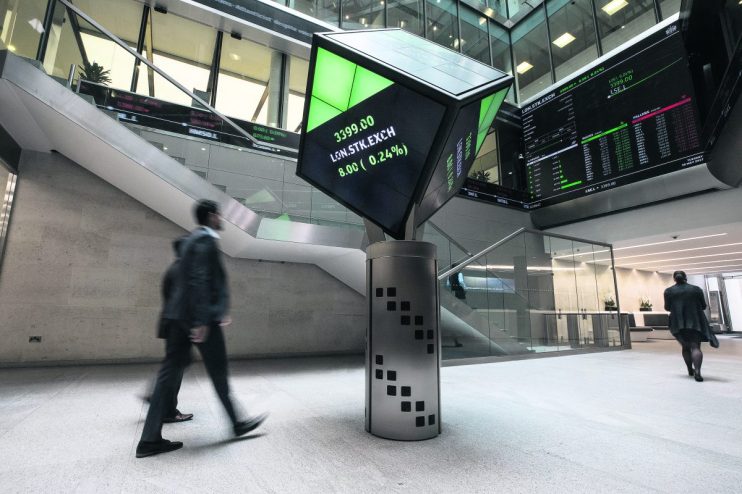
The FTSE 100 is on track for another strong day after 12 days of positive performance, marking its best winning streak since 2017 amid a calming of investor nerves over an erratic US tariff policy.
London’s main index has had a positive performance every day since 10 April, and is currently up 0.12 per cent from open.
“The FTSE 100 held firm as corporate results came thick and fast,” said Russ Mould, investment director at AJ Bell.
Results from big UK firms today have been somewhat of a mixed bag, with GSK and Smith & Nephew seeing their stock price jump by more than two per cent following trading updates, while others like Taylor Wimpey have suffered from concerns around lower profit margins.
The FTSE 100 is now more than 10 per cent higher than its closing low record following the aftermath of US president Donald Trump’s sweeping tariffs.
“There’s a footloose feeling to the footsie, with the blue-chip index shrugging off global economic worries and heading higher on a winning streak,” said Susannah Streeter, head of money and markets, Hargreaves Lansdown.
Streeter explained that as volatility persists over the conclusion of Trump’s tariff negotiations, the defensive stocks listed on the British index are more appealing than volatile US assets across the Atlantic.
Despite this, the FTSE 100 is still down by 1.87 per cent throughout April, after being hit hard by the 10 per cent tariffs on the UK instituted by the president, along with wide-ranging expectations for a slowdown in global growth.
In the US, the S&P 500 posted its longest winning streak since November, jumping more than 11 per cent from its low earlier this month.
The S&P briefly entered a bear market on 7 April but has since clawed back much of its losses, and is down only 0.9 per cent this month.
The Dow Jones index, which tracks more established firms, is set to return a 3.5 per cent loss in April, while the Nasdaq is expected to finish above where it began in April.
US markets had been dropping long before tariff day, thanks to doubts in the viability of the AI boom following the launch of Chinese competitor Deepseek and a general rotation towards UK and European stocks.
Following the announcement of first quarter GDP data for the country, futures in the S&P 500 slumped 1.4 per cent, over fears around a potential American recession.